We have put together key advice for what NOT to do in an interview.
Here are 5 key things that you shouldn’t do in an interview to ensure success.
1. Talking badly about your current company
This may seem obvious, although it’s surprisingly common and a major red flag for any prospective employer. Whilst interviewing with a new company, it’s important how you present your motivation for change.
Always focus on the positives and why you’re excited about the opportunity in front of you, rather than your current employer. From an interviewers perspective, what happens if you do join the business and things don’t work out – how would you talk about them?
Sometimes, through no fault of our own we can be left frustrated with an employer; however, it is imperative that you handle this in a professional manner and avoid coming across as bitter.
2. Turning up late to the interview
Another point almost too obvious to make, yet one that still needs to be said. By turning up late for an interview, all you’re doing is setting yourself up for a bad first impression to a business that could potentially be the perfect next step for your career.
Arriving late, unless through a totally justifiable reason, signals to somebody that your time is more valuable than theirs. This is of course not the case, so you want to avoid this at all cost.
Always leave yourself plenty of time before the interview to ensure you arrive early, and if something does come up that is out of your control, then it’s crucial that you let the interviewer know you’re running slightly late.
3. Bring up compensation during the interview
This is less common, but still a huge red flag and something you must absolutely not do. Compensation is not something that ever needs to be brought up by a candidate during an interview. You immediately give off the impression that you’re only interested in money and not the opportunity.
If you’re interviewing through a head-hunter, then you’ll have clarified financial expectations on the first call and the potential employer will be aware of your desired remuneration upon receiving your details. If you have chosen not to discuss this with the head-hunter then you must wait until the end of the interview process before HR approach you about it.
Best practice is always to avoid the subject, and if the interviewer brings up compensation, to refer back to the recruitment agency as the point of contact for this matter, unless you’ve agreed otherwise in advance.
4. Leave important questions unasked
There is nothing more frustrating for a head-hunter taking your interview feedback than when a candidate says that they are unsure about something related to the opportunity which could have been asked and addressed in the interview.
The best people to answer any questions you have are always going to be the interviewers or other members of the organisation. Head-hunters are trusted partners of an organisation although they are not official employees of that business – please direct any questions or uncertainty towards your prospective employer rather than highlighting them as an issue after the interview.
An interview is a two-way street, you must be right for the company and the company must be right for you – ask questions! Always make sure that you find out everything you want to know about the opportunity that will help both parties form a decision on how to proceed afterwards.
5. Lying or misrepresenting yourself
If you decide to lie in an interview, the only person you’re lying to is yourself. One way or another, it will come back to bite you and you’ll be caught out. Leaving an honest and transparent impression is the best thing to do when interviewing with a company.
If you are unsure or do not know the answer to something, don’t try to wing it! Hold your hands up and admit that you are don’t know the correct answer rather than coming unstuck trying to make something up or coming across as misinformed.
Companies and people will always respect you more for giving a true representation of yourself. Often, not knowing the answer to one question in an interview will not significantly hamper your chances of progressing further!

